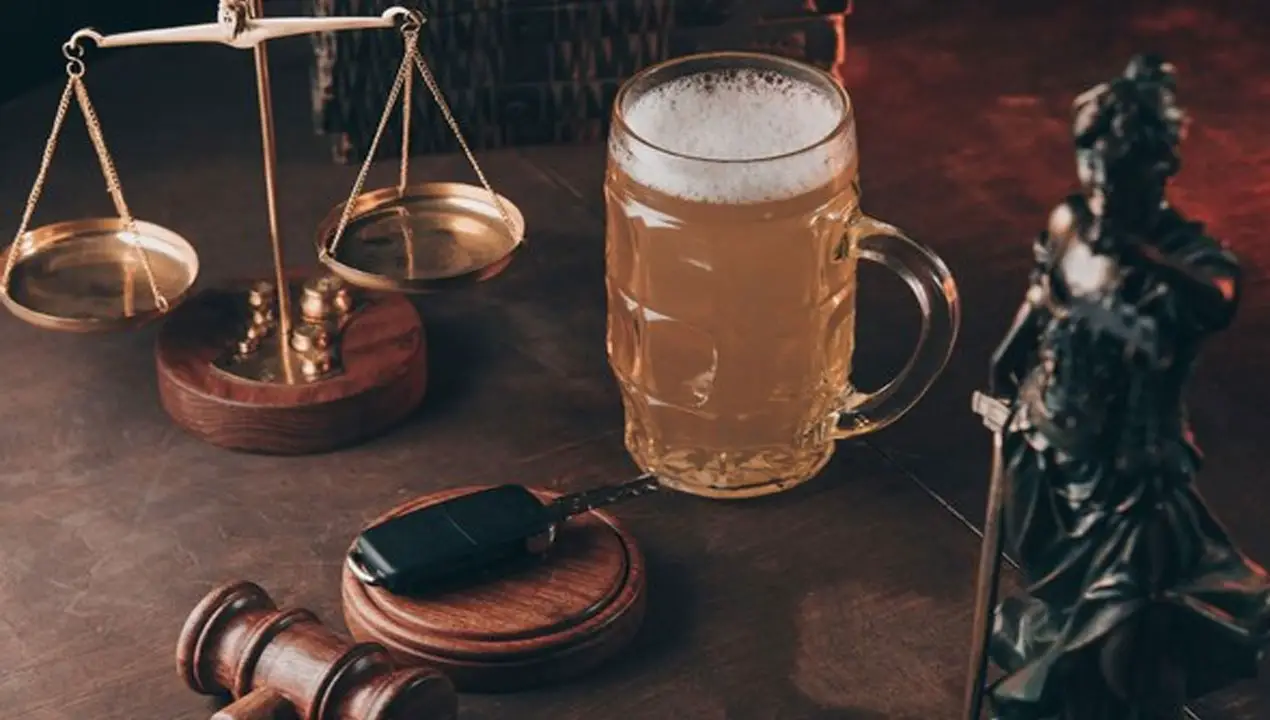Most individuals are familiar with the conventional ways that can result in a DWI citation. Departing a bar in an inebriated state and being caught engaging in reckless driving under the influence are common triggers for legal consequences. However, a DWI arrest isn’t confined to conventional scenarios involving a moving vehicle. Let’s explore lesser-known situations that could unexpectedly lead to facing a DWI charge in the courtroom.
DWI Charges in a Motionless Vehicle
Contrary to popular belief, you can find yourself facing a DWI charge even when your vehicle is parked. DUI/DWI laws in most states prohibit individuals from “operating” or having “actual physical control” of a vehicle while impaired. The crucial factor in such cases is for the jury to assess the “totality of the circumstances.” Key considerations include:
Key Location
Driver’s Consciousness
Car’s Positioning
Driver’s Position
Operational Status of the Car’s Engine
For instance, the jury may view favorably those whose vehicles are parked in their driveways compared to those on a sidewalk. Moreover, having the car key in the ignition or within arm’s reach increases the likelihood of conviction.
Horseback Riding and DWI
Is riding a horse comparable to operating a motorized vehicle? In nearly every state, regulations regarding operating a vehicle under the influence also extend to horseback riding and carriage driving. While intoxicated horseback riding might not lead to a DWI in specific states, driving a horse-drawn carriage under the influence is considered a DWI violation in most jurisdictions.
Risk Factors
Legal Consequences
Advice from DWI Defense Lawyers
If you plan to consume alcohol, a DWI defense lawyer would caution against horseback riding to avoid potential charges.
Navigating Water Vessels under the Influence
Operating a vessel under the influence of alcohol, known as Boating Under the Influence (BUI), is a universally recognized law. This law applies not only to motorized watercraft but also to non-motorized recreational watercraft like water skis, kneeboards, and wakeboards in several states.
Implications of BUI
Safety Concerns
Broad Applicability of BUI Laws
Whether on land or water, operating any vehicle under the influence poses consistent risks due to impaired reflexes and coordination.
Biking under the Influence
In several states, cycling under the influence can result in a DWI due to expansive DUI/DWI legislation. Legally, a ‘vehicle’ encompasses “any apparatus that can traverse a public road or transport people or possessions.” This implies that if it’s rideable, a DWI charge is a possibility.
Definition of ‘Vehicle’
Inclusion of Bicycles
Legal Implications for Intoxicated Biking
Operating Agricultural Machinery and DWI
While operating tractors in the fields, some farmers might indulge in a cold drink. Unfortunately, this seemingly harmless behavior could lead to imprisonment as DUI/DWI laws apply to all types of motorized vehicles.
Farming Machinery on Public Roads
DWI Offense Implications
Risks Faced by Farmers
In the context of public safety, DWI laws extend beyond conventional vehicles to include tractors, stationary vehicles, bicycles, and even horses. The repercussions depend on specific circumstances and state regulations, potentially leading to court summons, license suspension, and fines. Establishing a strong connection with an experienced DWI attorney can significantly benefit your case when confronted with a DWI charge.

